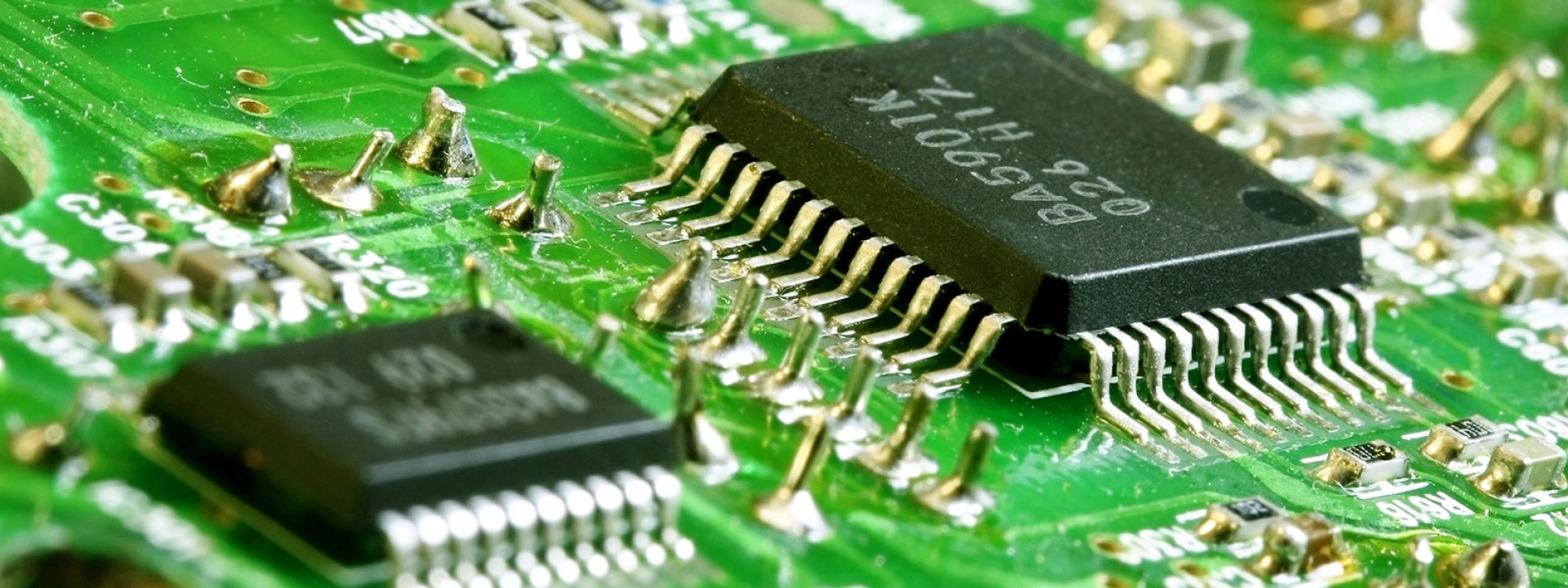News & Events
The rising demand for automotive applications has compelled Arm to recognize the need for novel architectures for protecting automotive IC security, said Simon Teng, senior director of the company's automotive partnership in the APAC region.
Over the past few years, there has been a significant increase in the demand for advanced driver assistance system (ADAS), autonomous driving, and information security tools. As a supplier of IC design architectures, Arm is aware of the importance of consolidating chip security, Teng said.
There are too many weak spots susceptible to cyberattacks in a car, such as digital keys, maintenance holes, GPS and bluetooth signal transmitters, AI models, hundreds of microcontroller units (MCU) and related applications, he said.
Once a hacker finds a loophole, they will be able to penetrate through the interconnected systems, he said.
The priority is to consolidate the "root of trust" of foundational hardware, and standardized architectures are needed to complete foundational protection, Teng said.
Arm will collect more information about which technologies need stronger security protection and develop common security standards that can be used by automotive suppliers to defend against complex security challenges, he said.
For the automotive and IoT security sectors, Arm has devised four strategies, he said.
Processors should be built with proper instruction set architecture to defend against malware; processors and memory devices should be able to discern varied levels of security risks, so ordinary data will be put in a non-security zone, while sensitive data about driving behaviors and individual drivers will be stored in a trust zone that can operate independently, he said.
Arm's common security platform allows security and non-security zones to maintain communications, he added.
Arm's widely used CPU and systems can be regarded as the pillars of the technology industry, so its information security standards for application programming interfaces will reduce fragmentation of data while improving security levels, Teng said.
The information security of applications is predicated on foundational hardware security, which is crucial for Taiwanese companies to cut into the global automotive supply chain, Teng said.
By DIGITIMES






